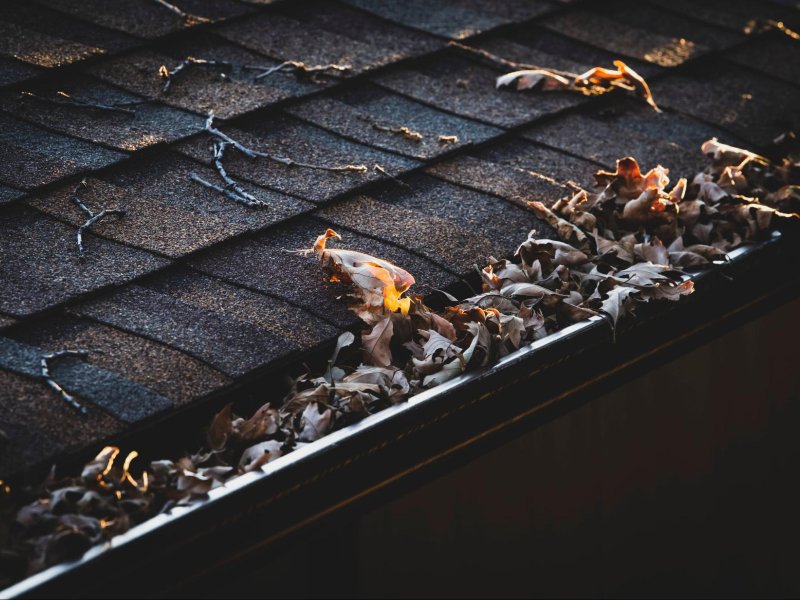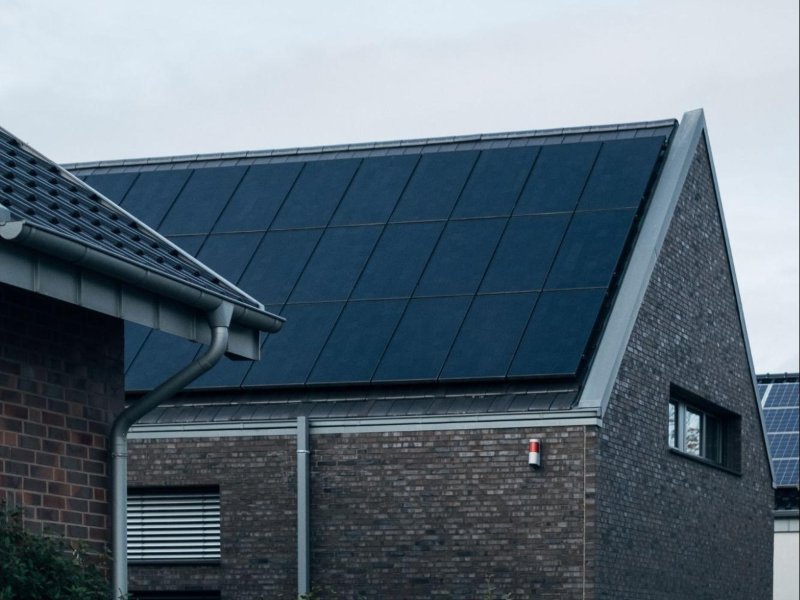Maintaining a well-functioning gutter system is crucial for protecting a home’s foundation, landscaping, and overall structural integrity. Gutters collect rainwater and channel it away from the roof and foundation, preventing water damage. However, gutters are susceptible to debris buildup, which can obstruct the flow of water and lead to clogs. Gutter guards, also known as gutter covers or gutter screens, have gained popularity as a solution to this common problem. This article explores the role of gutter guards in reducing the need for regular gutter cleaning, their benefits, types, and considerations for installation.
The Importance of Gutter Maintenance
Gutters play a pivotal role in safeguarding a home from water-related issues. When functioning properly, they prevent water from pooling on the roof, overflowing onto the walls, or saturating the ground around the foundation. Without adequate maintenance, gutters can become clogged with leaves, twigs, dirt, and other debris. Clogged gutters can lead to various problems, including:
Water Damage: Clogs can cause water to back up onto the roof, leading to leaks and water damage.
Foundation Issues: Overflowing water can pool around the foundation, potentially causing cracks, erosion, and even basement flooding.
Landscaping Damage: Excess water can damage plants, shrubs, and flowerbeds located near the home’s perimeter.
Pest Infestations: Standing water in clogged gutters can attract pests like mosquitoes, termites, and birds.
The Role of Gutter Guards
Gutter guards are designed to prevent debris from entering the gutters while allowing water to flow freely. They act as a barrier that covers the gutter opening, keeping leaves, pine needles, and other debris out. By reducing the amount of debris that enters the gutter system, gutter guards play a significant role in minimizing the need for regular cleaning.
Benefits of Gutter Guards
Reduced Maintenance: One of the primary benefits of gutter guards is their ability to decrease the frequency of gutter cleaning. With fewer debris clogs, homeowners can spend less time on ladder-based maintenance.
Prevention of Clogs: Gutter guards prevent leaves, sticks, and larger debris from entering the gutters, reducing the likelihood of clogs forming in the first place.
Improved Water Flow: With clear gutters, rainwater can flow smoothly and efficiently through the system, preventing overflow and potential water damage.
Extended Gutter Lifespan: Gutter guards protect gutters from rust, corrosion, and degradation caused by standing water and trapped debris, extending their lifespan.
Less Risky Maintenance: Cleaning gutters can be hazardous, involving the use of ladders and exposure to potential falls. Gutter guards minimize the need for risky maintenance tasks.
Enhanced Home Aesthetics: Gutter guards are often designed to be unobtrusive, improving the home’s exterior aesthetics.
Types of Gutter Guards
There are several types of gutter guards available, each with its own design and method of debris prevention:
Screen Gutter Guards: These are mesh-like screens that cover the gutter opening. They are effective at keeping out larger debris while allowing water to flow through.
Surface Tension Gutter Guards: These guards use the principle of surface tension to direct rainwater into the gutter while shedding debris over the edge.
Micro Mesh Gutter Guards: These guards feature a fine mesh that prevents even small debris like pine needles from entering the gutter.
Foam Gutter Guards: Foam inserts fit directly into the gutter and block debris while allowing water to flow through.
Reverse Curve Gutter Guards: These guards use a curved design to guide rainwater into the gutter while deflecting debris away.
Considerations for Gutter Guard Installation: While gutter guards offer numerous benefits, it’s essential to consider a few factors before installing them:
Gutter Type: Some gutter guard designs work better with certain gutter types (e.g., K-style or half-round gutters). Ensure compatibility before installation.
Maintenance: While gutter guards reduce maintenance, they are not entirely maintenance-free. Some designs may still require occasional cleaning or maintenance.
Cost: Gutter guards vary in price based on the material, design, and brand. Consider your budget when choosing the right option.
Climate: Consider the climate in your area. Some gutter guards may be more effective in regions with heavy rainfall, while others work better in dryer climates.
Installation: Gutter guard installation can be a DIY project, but some designs may require professional installation for optimal performance.
Compatibility: Gutter guards should be compatible with your roof type, pitch, and gutter size.
Gutter guards play a pivotal role in reducing the need for frequent gutter cleaning by preventing debris buildup and ensuring efficient water flow. With benefits like reduced maintenance, enhanced water drainage, and improved home aesthetics, they offer homeowners a practical solution to one of the most common challenges in maintaining a functional gutter system. By choosing the right type of gutter guard and considering factors such as gutter type, climate, and installation, homeowners can enjoy the convenience and peace of mind that gutter guards provide in protecting their homes from water-related damage.







